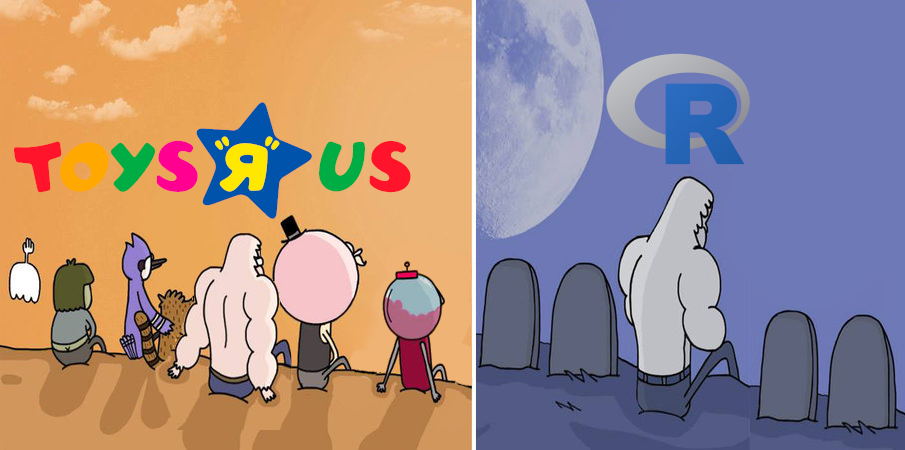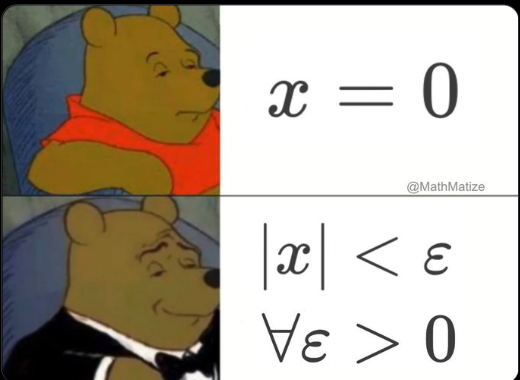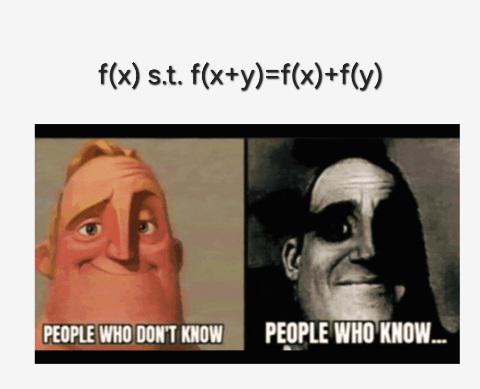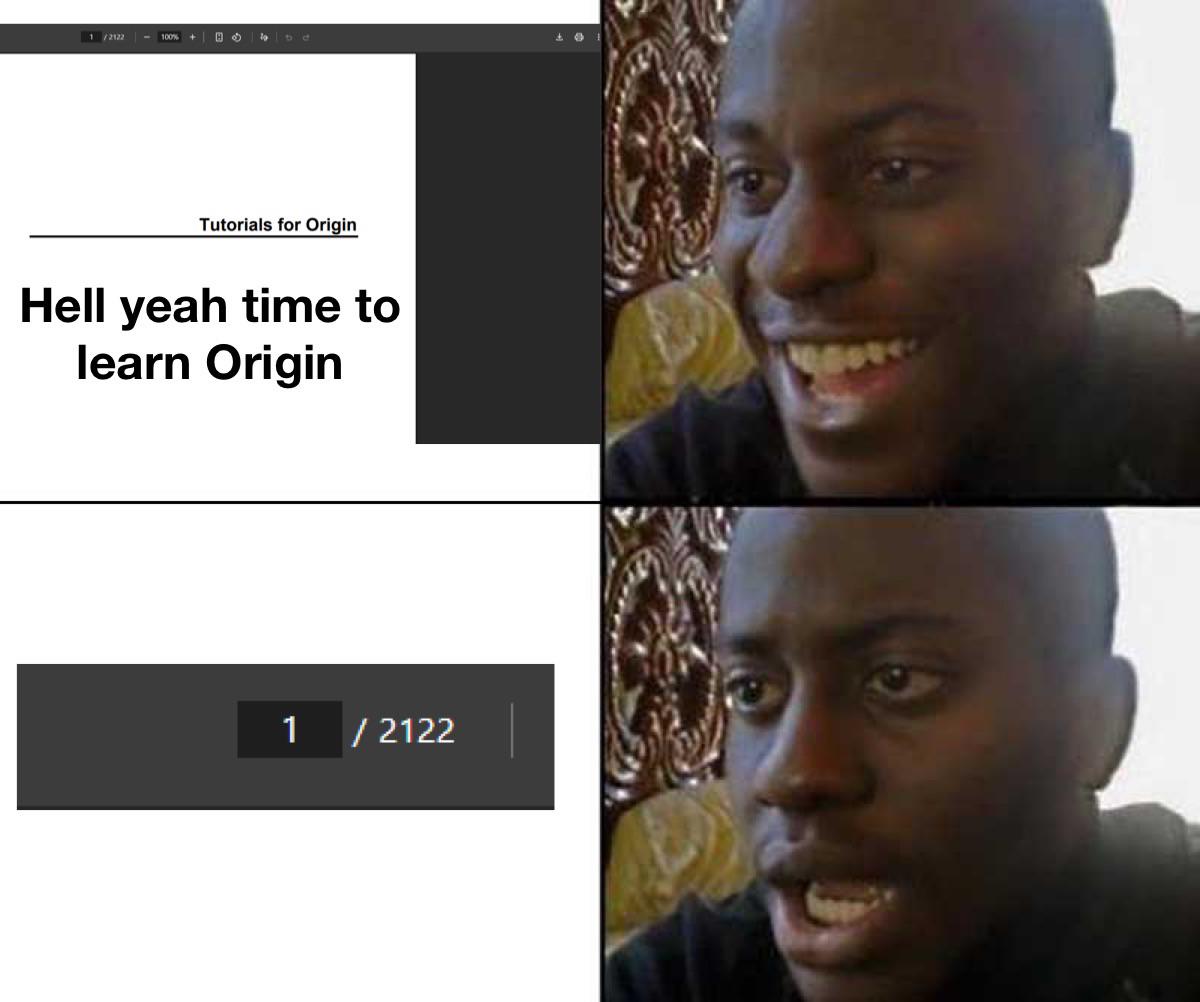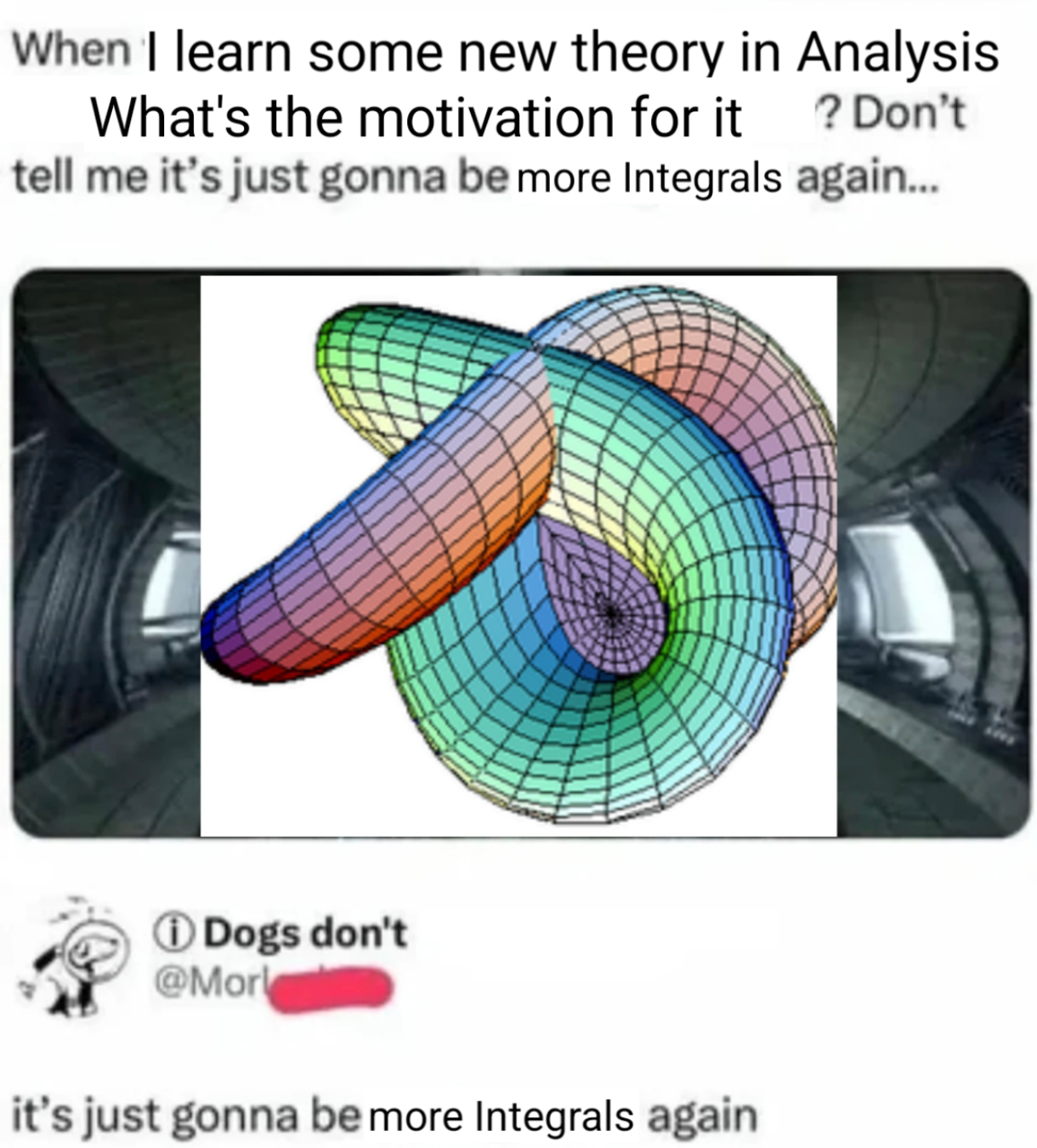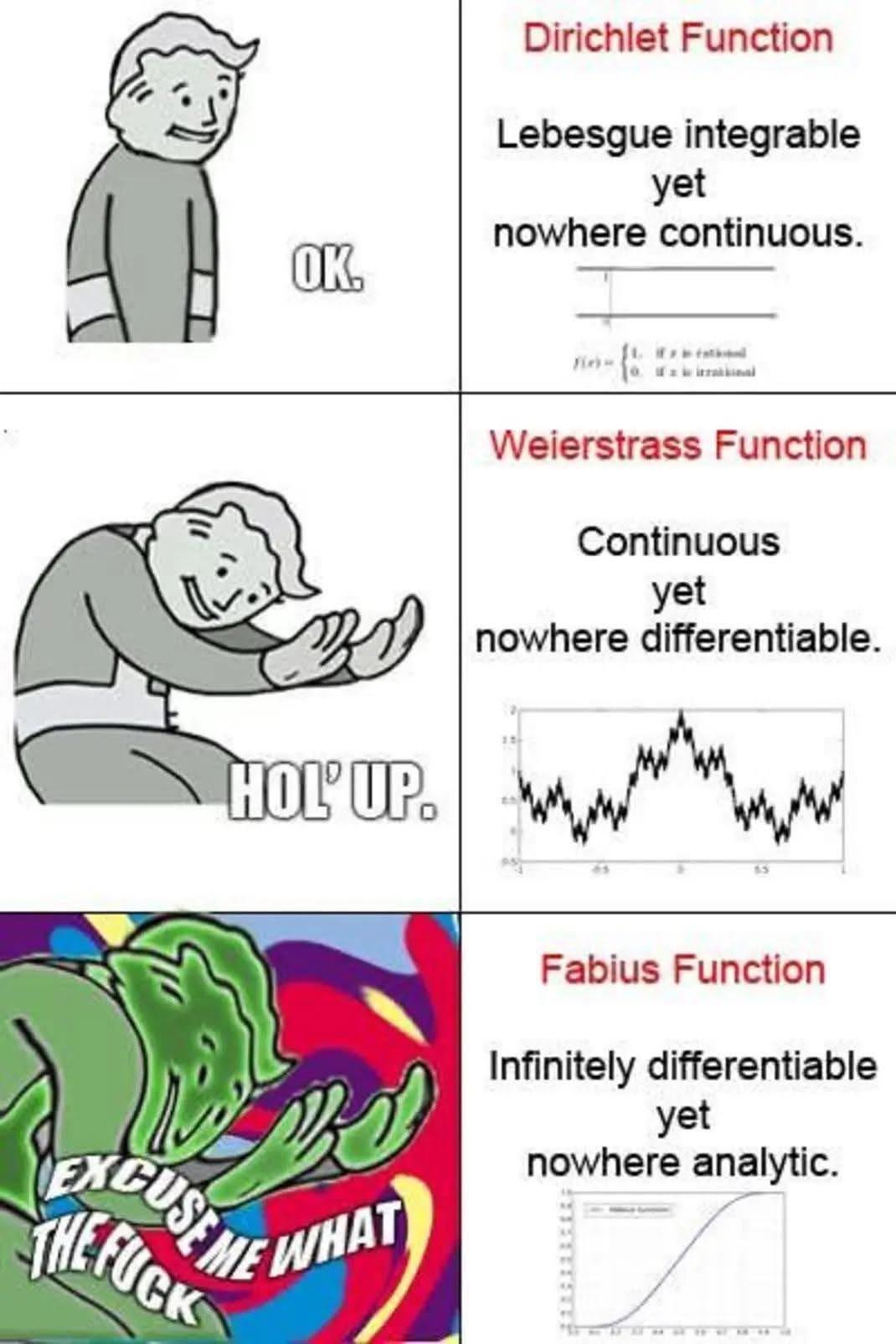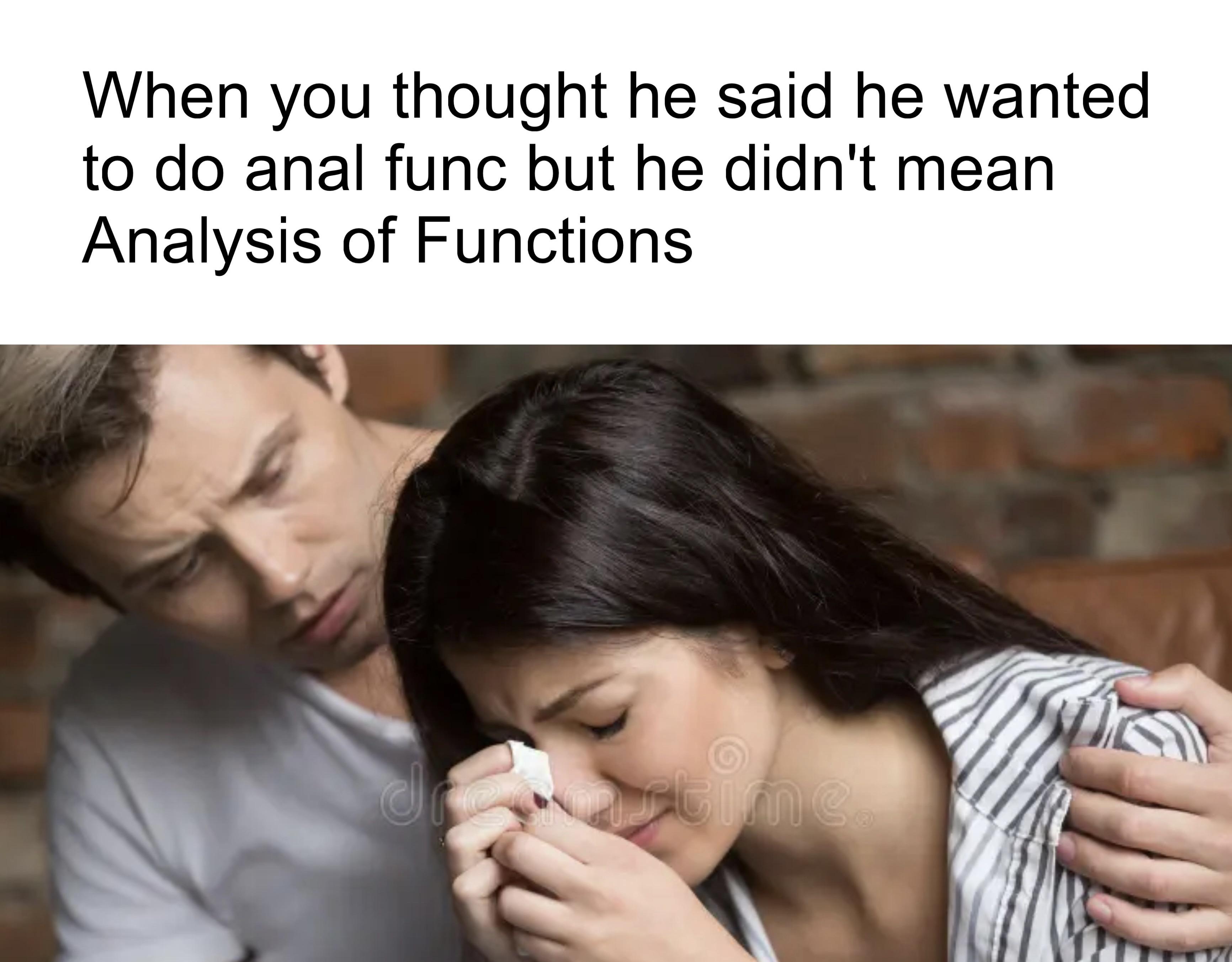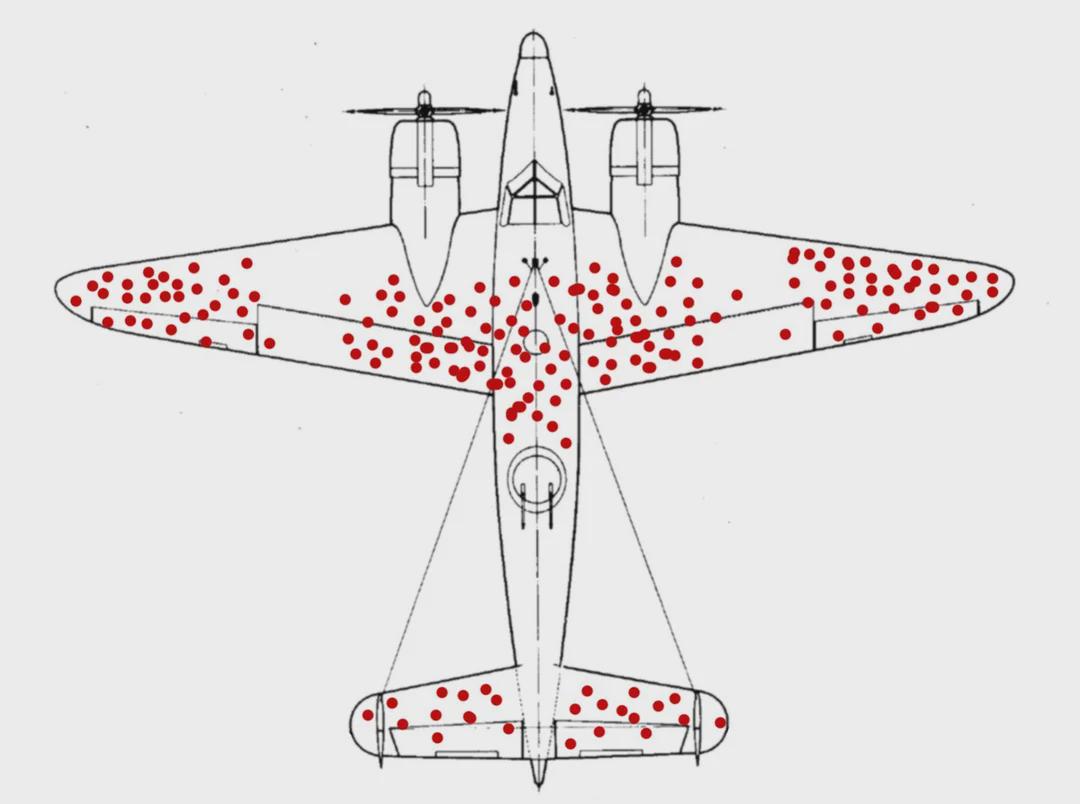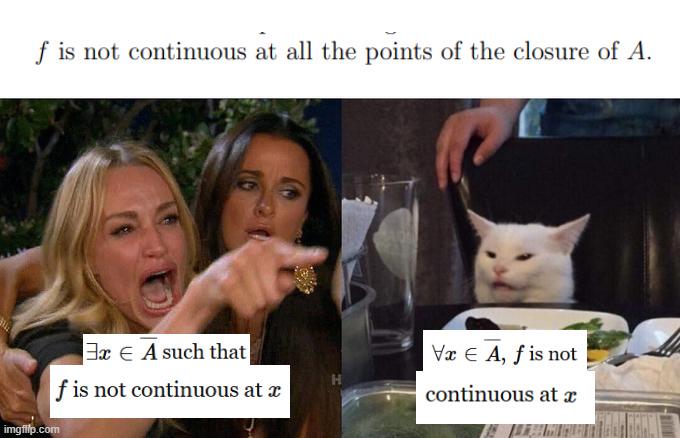The mathematical horror story in one equation! That innocent-looking functional equation f(x+y)=f(x)+f(y) seems harmless until you realize it's describing a linear function . But here's the twist - if you can't assume continuity, this function becomes a mathematical monster! The blissfully ignorant Mr. Incredible has no idea that without continuity, this equation allows for absolutely chaotic, pathological solutions that break all intuition. Meanwhile, the nightmare-fuel Mr. Incredible represents mathematicians who've seen the eldritch horrors lurking in discontinuous additive functions - functions so wild they can't even be graphed! Fun fact: Without assuming continuity, there are solutions to this equation that are dense in the plane and completely destroy any hope of a "nice" function. This is why mathematicians desperately beg, "Please, just let me assume it's continuous at ONE point!" Because that single assumption tames the beast back into a well-behaved f(x)=cx linear function!


 Academia
Academia
 Ai
Ai
 Astronomy
Astronomy
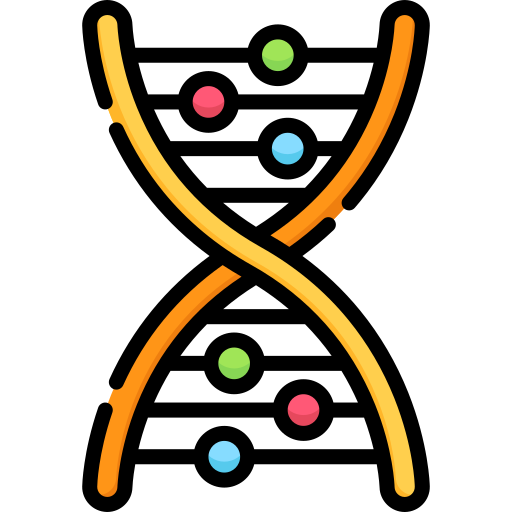 Biology
Biology
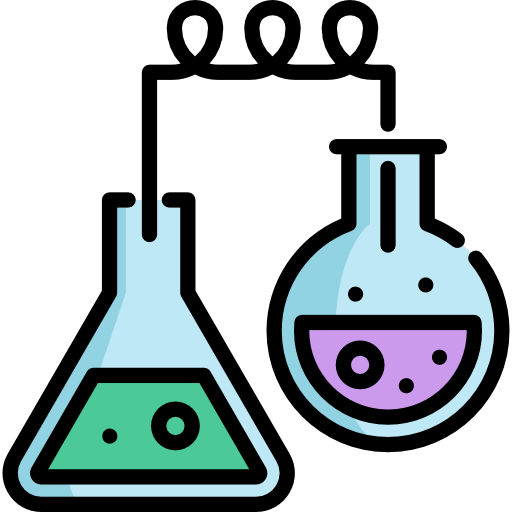 Chemistry
Chemistry
 Climate
Climate
 Conspiracy
Conspiracy
 Earth-science
Earth-science
 Engineering
Engineering
 Evolution
Evolution
 Geology
Geology
